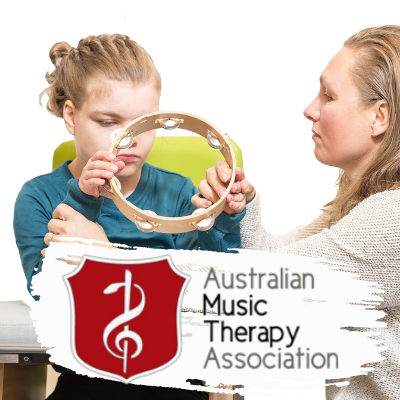Music Therapists – RMT

Instruments:
Music Therapy
Level:
No level required
Available Days:
Friday, Monday, Tuesday, Wednesday, Thursday
Genres:
All
The Registered Music Therapists work in Hospitals, Early Childhood, Community, Aged Care Centers, and in other cases the RMTs also provide mobile service for those who require services to be at home.
- Meghan Thamm 0422 476 406
- Belinda Tucquet 0413 234 837
- Isaac de Heer 0431 338 205
- Rebecca Fogarty 0458 106 317
- Liz Mackney 0427 391 107
Please contact the Therapist directly for prices and availability.
Experience
What is Music Therapy?
AMTA uses the following definition:
Music therapy is a research-based practice and profession in which music is used to actively support people as they strive to improve their health, functioning and wellbeing. Music therapy is the intentional use of music by a University trained professional who is registered with the Australian Music Therapy Association Inc. Registered music therapists draw on an extensive body of research and are bound by a code of ethics that informs their practice. Music therapists incorporate a range of music making methods within and through a therapeutic relationship. They are employed in a variety of sectors including health, community, aged care, disability, early childhood, and private practice. Music therapy is different from music education and entertainment as it focuses on health, functioning and wellbeing.
Music therapists are committed to supporting people of any age and ability regardless of musical skill, culture or background.
How can music therapy support my child?
Music Therapy can address goals relating to
- Cognition and increased focus and attention
- Mood regulation and behavior management
- Social and communication skills
- Mastery of skills within a supportive, expressive and creative musical environment that can be shared within the family and wider community context
What can I expect in a music therapy session?
In music therapy sessions the participant may engage in a range of activities such as movement to music, therapeutic songwriting, listening, performing, discussion and improvisation. These sessions take place individually or within a group. Music therapists use music as the framework to work towards health related goals, underpinned and informed by a body of research.